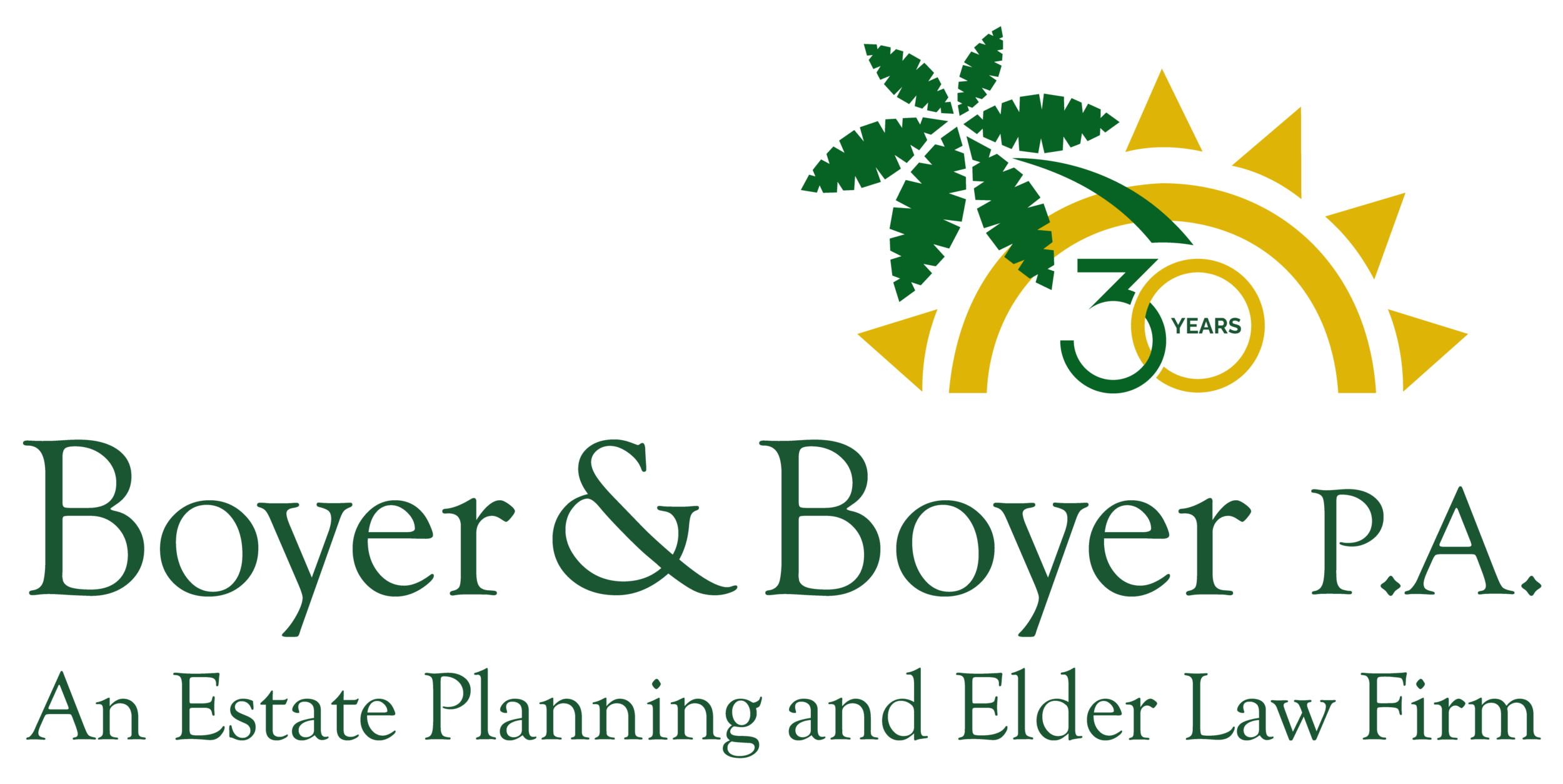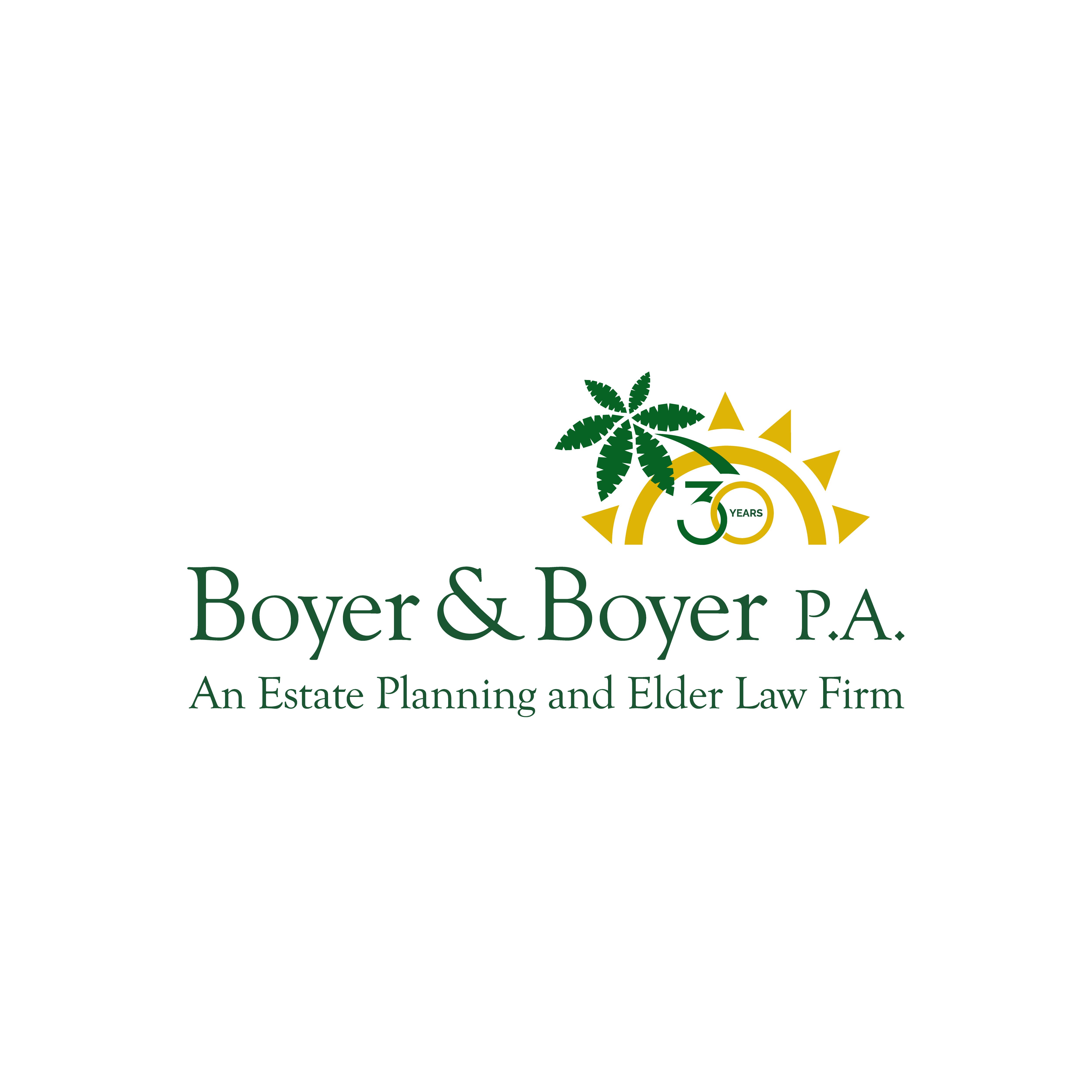
What’s What in Medicaid Planning: Acceptable Transfers of Assets and Income
By admin
Researching Medicaid can not only be intensive and time consuming, but also confusing!
Florida Medicaid policies and procedures are ever changing, and Medicaid can be very complex, specifically when a Medicaid applicant has various types of assets. For this reason, potential Medicaid applicants often receive harmful information from unlicensed sources on how to transfer assets or income in order to “spend down” for eligibility.
Potential Medicaid applicants may not realize that Florida Medicaid is stringent as to what is an acceptable type of transfer. For Florida Medicaid purposes, an unacceptable or penalized transfer refers to a situation in which an individual, their spouse, or a legally authorized representative does not receive fair compensation when selling or giving away an asset.
During the application process, an eligibility specialist will refer to what is known as the “Transfer Look-Back Period” to assess any transfers that have occurred. If a transfer does not meet the regulations set by the Department of Children and Families (DCF), the applicant may be deemed ineligible for benefits for a period of time.
These benefits include Medicaid nursing facility services, HCBS (Home and Community Based Services Waivers) or PACE (Program of All Inclusive Care for the Elderly) services. While it may only take a moment to make a transfer, the consequences could last much longer.
If you are concerned about possible Medicaid eligibility, always consult with a Florida Bar licensed attorney with experience in Medicaid planning before making a gift or selling an asset.
*The above information is intended for informative purposes only and is not legal advice. For advice on your specific situation, please contact an experienced elder law attorney in your area.
Image: Steven Depolo via Flickr




